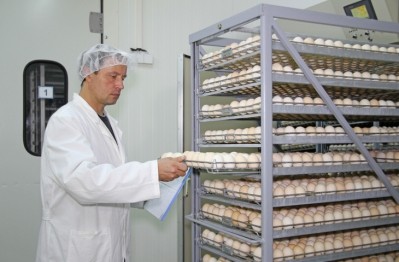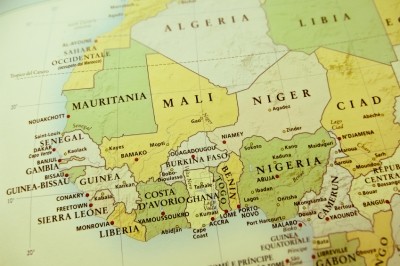IFC pumps $2m into project aimed at streamlining feed regulations in Nigeria

IFC, a sister organization of the World Bank and a member of the World Bank Group, said it has signed a cooperation agreement with the Government of Nigeria to implement a US$2m scheme targeting regulatory and institutional reforms with the goal of strengthening that nation’s agribusiness sector, creating jobs and economic growth.
By any number of estimates, Nigeria will have the third largest population globally by 2050, if not by 2040.
The IFC said the objective of the Nigeria project is to streamline the regulation of animal feed and to remove overlapping or redundant regulatory requirements related to the standards and quality control mechanisms, as well as the registration and renewal process for drugs and vaccines.
The project is also aimed at reforming how government agencies go about regulating animal feed.
The Bill & Melinda Gates Foundation is funding the project, which is set to run for four years.
Nigeria has 787 feed mills that produce 5.5 million tons of feed annually, according to the latest Alltech Global Feed Survey. Layer production accounts for the largest percentage of feed use.
Nigeria’s Federal Ministry of Agriculture and Rural Development, the National Agency for Food and Drugs Administration and Control, the Standards Organization of Nigeria and the Nigerian Institute of Animal Science have also endorsed the initiative.
Dairy and poultry sector competitiveness
Nigeria is one of three African countries, along with Ethiopia and Tanzania, to benefit from the World Bank Group’s Livestock and Micro Reforms in Agribusiness (L-MIRA) program, whose overarching objective is to improve competitiveness of the dairy and poultry sectors.
Alejandro Alvarez de la Campa, practice manager for the World Bank Group’s Finance, Competitiveness and Innovation global practice, said that dairy and poultry are vital livestock segments that contribute significantly to agribusiness, a key growth sector in Nigeria.
However, the consumption of eggs, poultry and fish is below average levels when comparing Nigeria to countries of a similar development and income level, according to Olam International, which invested around US$150m last year in feed mills and animal protein activities aimed at boosting food security in Nigeria.
Speaking to us last September, Olam estimated that poultry meat consumption among Nigerians could increase up to 10-fold by 2040, provided domestic supply can meet increased demand and based on prices becoming more affordable for Nigerians. This would require the poultry feed and DOC supply in Nigeria to grow at over 10% CAGR per year.
The International Feed Industry Federation (IFIF) ran a training event in Lagos supported by the Nigerian Institute of Animal Science (NIAS) in late 2015. The IFIF wants to develop and train the capacities of the relevant compound feed production stakeholders in developing regions.
It said the Nigeria event brought together over 30 representatives from the Nigerian feed industries, and they then acted as multipliers, sharing the training with colleagues throughout Nigeria.
Dr Godwin Oyediji, chief executive of the Nigerian Institute of Animal Science (NIAS), said, at the time, that laws in Nigeria were still weak and that there was a lack of enforcement in relation to some regulations. “But Nigeria is making steady progress on feed legislation to achieve international benchmarks for animal feed safety and human food safety.”
Oyediji added that the Nigeria feed industry was being mobile\ed to embrace the FAO/IFIF Code of Practice for Good Animal Feeding and other Codex standards on traceability, contaminants and HACCP.








